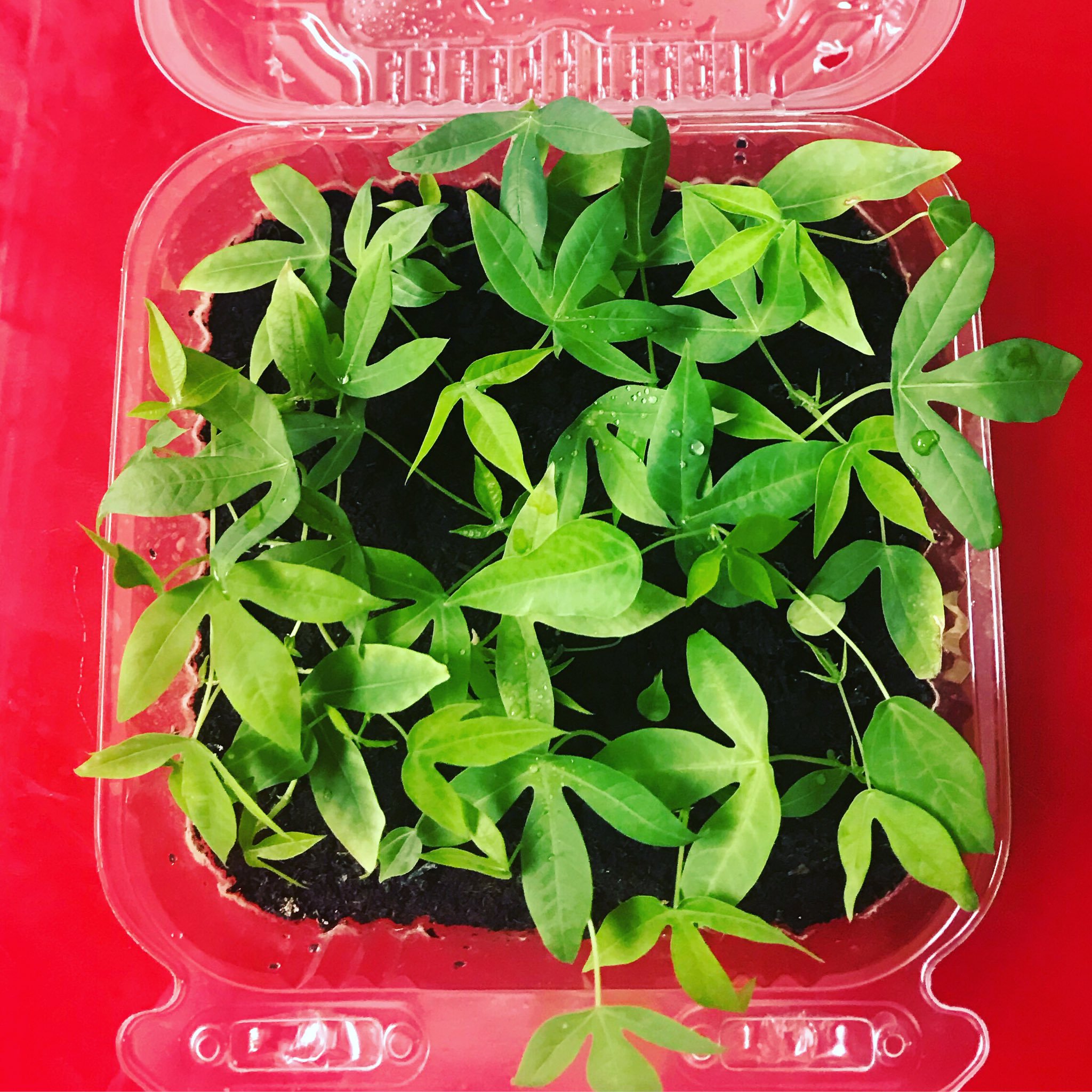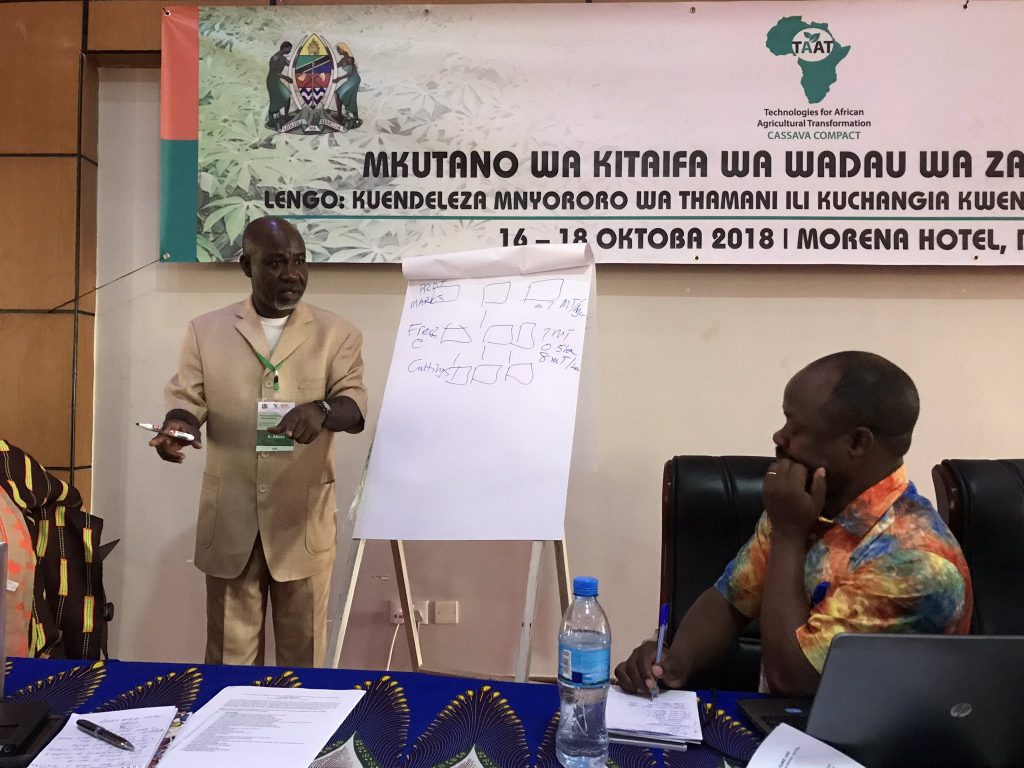How TAAT is strengthening the cassava seed sector through technology transfer
In 2018, Technologies for African Agricultural Transformation (TAAT) through its Cassava Compact began the transfer of the know-how on a new technique for the rapid propagation of cassava, Semi Autotrophic Hydroponics (SAHTM), to some African countries.
The technique was developed by SAHtechno LLC for potatoes but later adapted for cassava propagation by the International Institute of Tropical Agriculture (IITA).
The technical staff of National Agricultural Research and extension System (NARES) and private sector partners from DRC, Zambia, Tanzania, Sierra Leone, and Togo were trained by GoSeed in Nigeria on the use of the technique for rapid propagation of cassava.
The 10-day training for each country team involved both laboratory and field techniques to ensure a successful implementation by the trainees upon return. Licenses were obtained from SAHtchno for the use of the SAH technology in the five countries.
By July 2019, new SAH laboratories were being built in Zambia, Togo, and Sierra Leone, while new SAH laboratories were already operational in DRC and Tanzania.
A beneficiary of this technology-transfer effort, KilimOrgano, is a Tanzania-based agriculture biotechnology company that micro-propagates and distributes disease-free and high-quality tissue culture plants of banana, pineapple, cassava, lemon, pomegranate, potatoes and other crops.
After the training in Nigeria, IITA experts through TAAT continued to provide other support to the company and her technical staff based on the local growth room conditions of the company’s laboratory. Part of the support TAAT made available to the company included required consumables from Nigeria, in form of substrate and containers needed for two months to perfect the technique.
With the adoption of the more advanced, cost-effective SAH technology, KilimOrgano now produces cassava plants in its state-of-the-art laboratory maintained at Class 10,000 sterility conditions via a combination of the new SAH technology and the tissue culture method.
The company delivers to seed farmers, cassava plants which are planted directly in the field without any further treatments.
Since SAH plants have well-developed shoots and roots, no replacement is required as in the case of cassava stem cuttings if no sprouting is observed. Although it is yet to be determined if SAH plants produce higher yield compared to disease-free cuttings, the SAH plants are more robust and healthier in the field compared to traditional cassava stem cuttings and the possibility of disease contamination is reduced if good agricultural practices are followed. However, SAH plants could offer higher farm outputs in disease affected locations.
KilimOrgano can now supply cassava plants in millions in a shorter time and at a price less than seven times to that initially offered using tissue culture method, thus more farmers are able to afford high-quality plants.
The laboratory has the capacity to produce 7 million plants per annum and provides 14 different varieties of cassava to farmers together with field technical support to ensure a profitable and sustainable harvest.
With the production of SAH plants, cross-border transfer of large volume of planting materials has become easier. At a requirement of 3 million plants of cassava to be produced via SAH, the company offers each plant at USD 0.12 ex-laboratory. Prices will go down if more volume of plants are ordered by farmers’ associations, cassava projects, NGOs, companies, or governments.
With large orders, the plants will be delivered in batches starting 12 weeks from first production and with additional costs for shipment and handling to reach the country or agro-zone of field production.
In collaboration with TAAT Cassava Compact and other local and international stakeholders involved in the cassava supply chain development in Tanzania, KilimOrgano is actively conducting workshops to educate farmers on the advantages of SAH technology.
TAAT Cassava Compact is actively promoting partnerships with farmers’ associations, cassava projects, NGOs, companies, donors and governments to transfer this technology more widely in order to develop the cassava seed sector across Africa.




